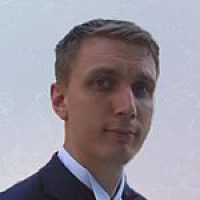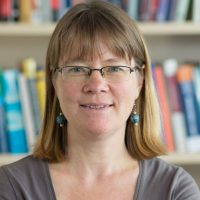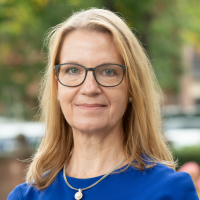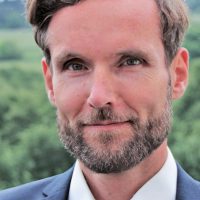
Prof. Dr. Stefan Dietze
Data & Knowledge Engineering
Stefan Dietze is a professor of Data & Knowledge Engineering at Heinrich-Heine-University Düsseldorf and Scientific Director of the department Knowledge Technologies for the Social Sciences at GESIS in Cologne. His research includes mining and interpretation of large amounts of heterogeneous data, in particular from the Web, using methods at the intersection of natural language processing, machine learning, and information retrieval.
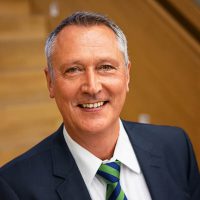
Prof. Dr. Frank Marcinkowski
Communication and Media Studies
Frank Marcinkowski is a professor of political communication at the Department of Social Sciences at Heinrich-Heine-University Düsseldorf. His research and teaching areas include communication theories, political communication, and opinion formation of digitalization.
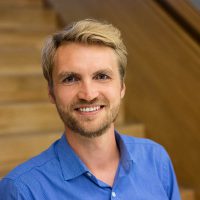
Dr. Christopher Starke
Political Communication
Christopher works as a post-doctoral researcher for political communication at the Amsterdam School of Communication Research and the interdisciplinary research hub Humane AI of the University of Amsterdam. In his research, he investigates the democratic implications of artificial intelligence.
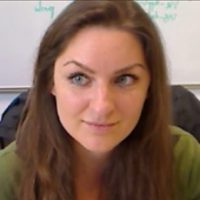
Katarina Boland
Data & Knowledge Engineering
Katarina Boland works as a doctoral candidate at the Heinrich Heine University Düsseldorf and at GESIS-Leibniz Institute for the Social Sciences in Cologne. Her main research interests lie in the field of Natural Language Processing and Text Mining and the development of AI-based approaches for social scientific use-cases.

Jun.-Prof. Dr. Tobias Escher
Sociology
Tobias Escher is an associate professor of sociology at the Department of Social Sciences at the Heinrich-Heine-University Düsseldorf. His research focuses on political participation (online and offline) and addresses the question of the extent to which citizen participation contributes to higher quality and legitimacy or acceptance of political decisions.

Prof. Dr. Martin Mauve
Computer Networks
Martin Mauve is a professor of computer networks and communication systems at the Heinrich Heine University Düsseldorf. His research interests include secure and robust distributed systems, computer supported collaborative work, and online participation with a special focus on scalable support for discussions and decision making.

Prof. Dr. Stefan Conrad
Databases and Information Systems
Stefan Conrad is a professor of databases and information systems at the Heinrich-Heine University Düsseldorf. His research considers the analysis of large data sets, in particular, he is interested in image retrieval, the analysis of large time series, clustering, and text mining.
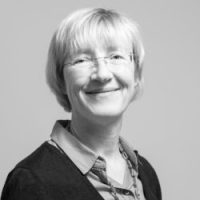
Prof. Dr. Christiane Eilders
Communication and Media Studies
Christiane Eilders is a professor of communication and media studies at the Department of Social Sciences of the Heinrich-Heine University Düsseldorf. Her research deals with public discourses and public opinion formation and puts a focus on the role of established mass media and online-communication.
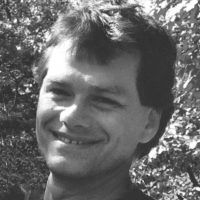
Prof. Dr. Jörg Rothe
Complexity Theory and Cryptology
Jörg Rothe is a professor of complexity theory and cryptology at Heinrich Heine University Düsseldorf. His research interests include computational social choice, collective decision-making, argumentation theory, algorithmic game theory, and fair division, with a special focus on the computational complexity of the related problems.
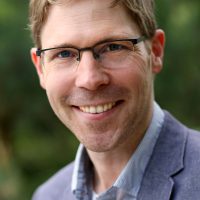
Prof. Dr. Georg Wenzelburger
Policy Analysis & Political Economy
Georg Wenzelburger is Professor of Policy Analysis and Political Economy at the TU Kaiserslautern. He conducts research in the field of comparative policy analysis and has worked intensively in recent years on the influence of digitization on political and administrative action, particularly in the area of homeland security, as well as the resulting challenges for democratic governance.
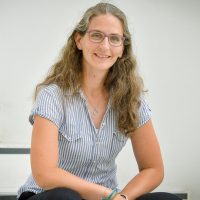
Jun.-Prof. Dr. Dorothea Baumeister
Computational Social Choice
Dorothea Baumeister is a junior professor at Heinrich-Heine-University Düsseldorf. She works in the interdisciplinary field computational social choice (COMSOC) which lies at the interface between computer science and social choice theory. Her main interest is the axiomatic and algorithmic analysis of problems that arise in the context of collective decision-making with a special focus on voting, participatory budgeting, judgment aggregation, and abstract argumentation.
